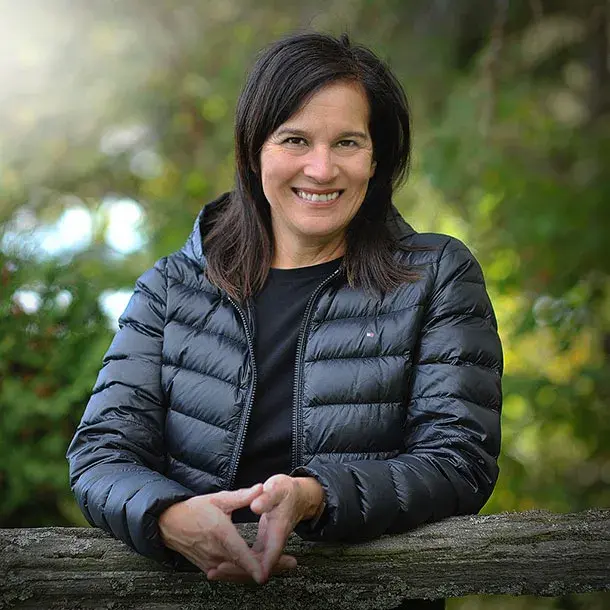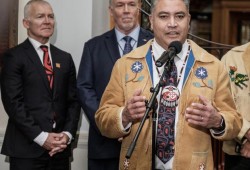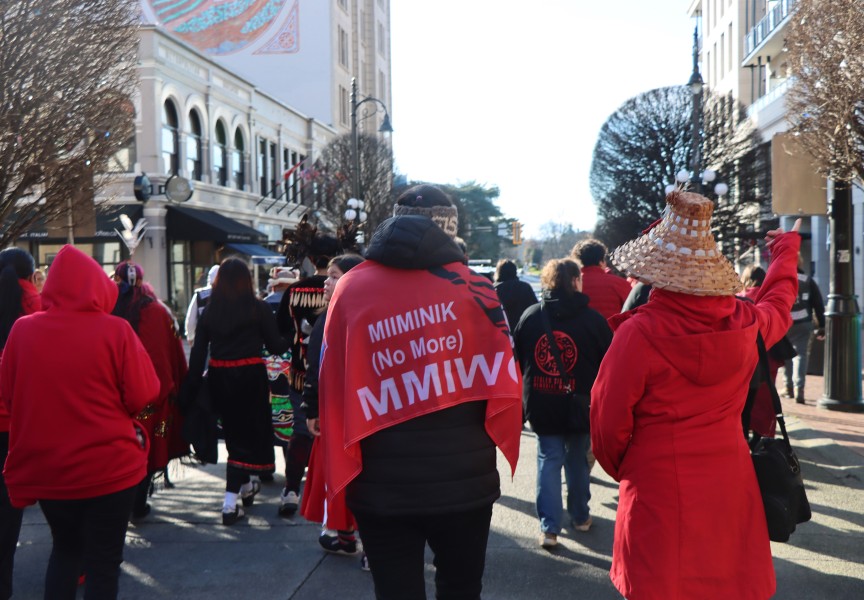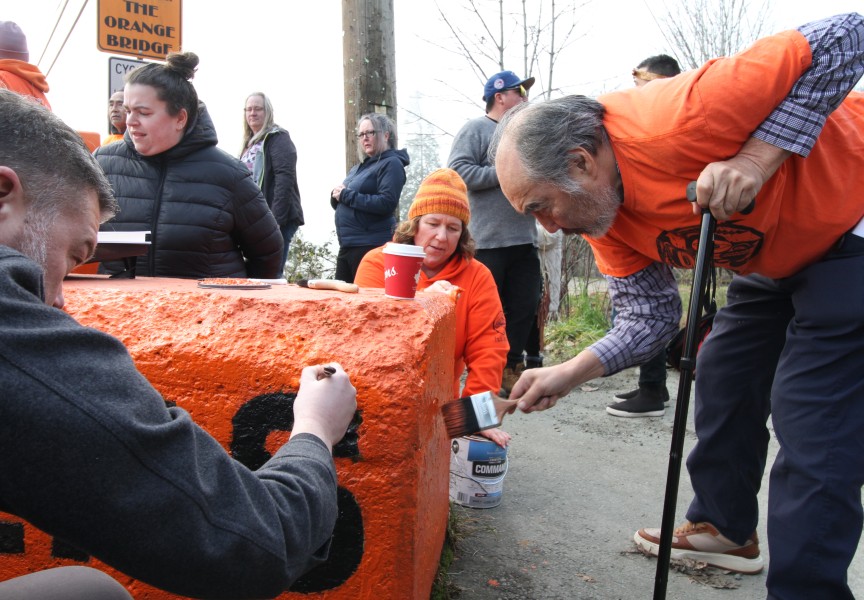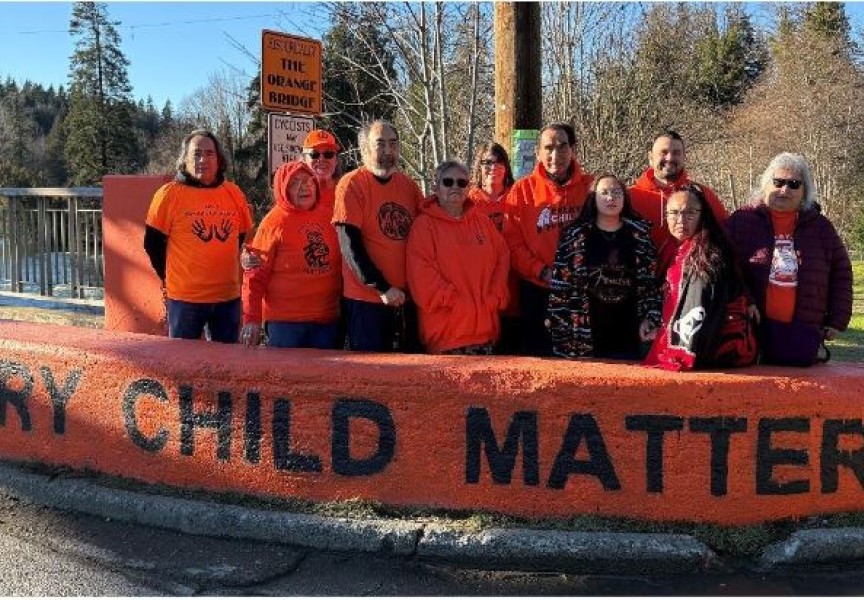On July 2, Canada launched its first National Council for Reconciliation. This independent, Indigenous-led organization aims to monitor and evaluate reconciliation efforts nationwide, addressing the long-standing injustices First Nations face.
The Reconciliation Council establishment is a direct response to the Truth and Reconciliation Commission (TRC) Call to Action 53, which called upon Parliament to create a national organization to oversee improving relations with Canada’s Indigenous Peoples. The TRC presented the 94 Call to Actions in 2015 to address the legacy of residential schools and further reconciliation issues between Indigenous Peoples and other Canadians. The council would monitor, evaluate and coordinate reconciliation efforts while educating the public about Aboriginal people’s realities and histories to build better relationships between Indigenous and non-Indigenous people.
Terry Teegee, regional chief of the British Columbia Assembly of First Nations, believes that the reconciliation council has fulfilled the requests of many First Nations by involving the government and society in taking on complex roles to observe various reactions to the reconciliation process. He said part of his most important work with the BC AFN is arranging to make the rights of Indigenous people law.
He added how the formation of the Reconciliation Council could help Indigenous People.
“I think [it] would take the whole of government participation [to align] many of the laws to recognize Indigenous ability to make decisions on their own, especially in regards to our own affairs,” said Teegee. “For example, on social assistance, [regarding] environmental assessment, making free, prior and informed consent decision with all level of government.”
Teegee believes that the Reconciliation Council could support a better understanding of reconciliation among the general public and what the United Nations says about the rights of Indigenous People.
In April 2024, Bill C-29 received Royal Assent, thereby becoming law. This bill was introduced to fulfill Call to Action 53—an act to establish a national council for reconciliation. The bill also provided a basis for enacting Calls to Action 54 to 56, focusing on the council’s funding, information disclosure and reports. The Government of Canada will provide the council with the necessary resources and key information to support its work. Additionally, the government will respond to the council's annual reconciliation report with its annual findings on the State of Indigenous Peoples.
The government of Canada has committed to an Indigenous-led approach in establishing the Reconciliation Council. In 2018, the TRC and the Canadian government designated the Interim Board of Directors for the Council. Their members included former Truth and Reconciliation Commissioner Chief Wilton Littlechild, Clint Davis, Edith Cloutier, Dr. Mike DeGagné, Jean Teillet, and Max FineDay. Their selection was based on their experience and dedication to reconciliation while ensuring First Nations, Inuit, and Métis representation.
In a news release Edith Cloutier, a transitional committee member, shared her commentary as a member of the Reconciliation Council.
“It is an honour and a privilege to participate, along with my colleagues on the Transition Committee and members of the government, in the creation of the National Reconciliation Council,” she said. “This milestone marks a great moment in the history of relations between our peoples and is a pledge of hope for the future.”
Now that Bill C-29 has passed, the Transitional Committee will take the necessary steps to ensure the Reconciliation Council is incorporated under the Canada Not-for-profit Corporations Act. This provides a framework for the Council to determine its priorities, governance structure, and operational procedures. The 2019 budget announced a total of $126.5 million to support the Council’s establishment, including a $125 million investment for funding and $1.5 million for initial operation.
“A good question for the National Council [is] how they are going to outreach [or] share the information they have or what they are doing,” Teegee said. “Communication is really important, especially for those councils that is potentially mandated to oversee accountability of what reconciliation looks like.”

